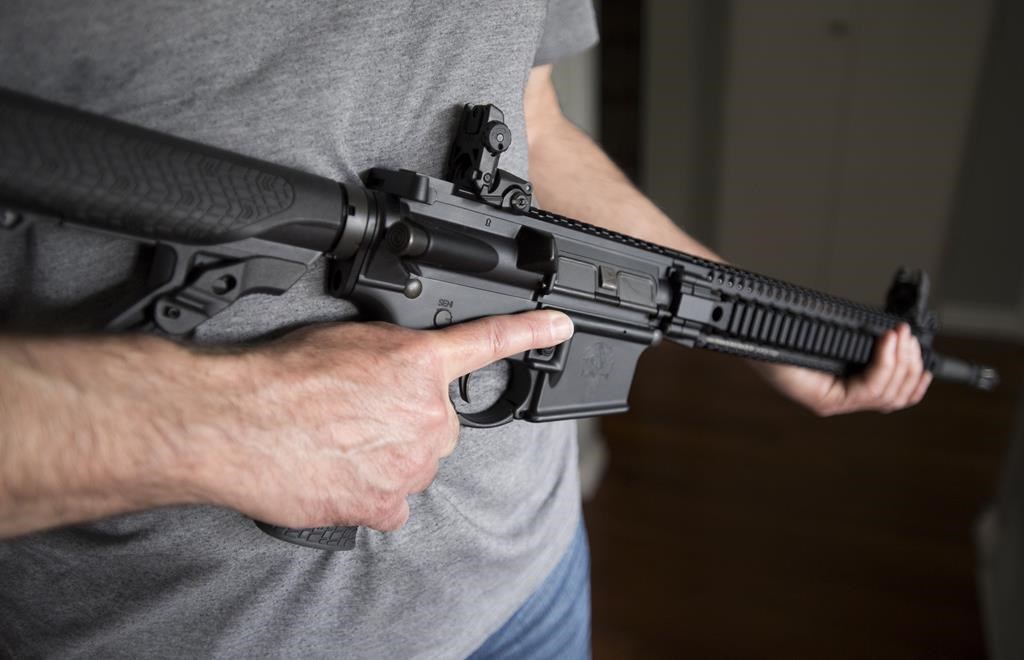Winnipeg city councillors say they’re cautiously optimistic about a series of new federal gun control measures — which include a new federal buyback program for “assault” and “assault-style” firearms, as well as the ability for municipalities to enact their own handgun bans.

Coun. Sherri Rollins (Fort Rouge-East Fort Garry) said the legislation is coming earlier than expected — and that it still has a long way to go before becoming law — but she intends to watch the bill work its way through the House of Commons to see how it could impact the city.
The inclusion of “red flag” laws in the legislation — which would allow concerned friends or relatives of a gun owner to ask for immediate removal of a weapon through the courts — was particularly interesting, she said.
“I think it’s an evidence-based response in a piece of legislation that’s responsible,” Rollins told 680 CJOB.
“There are a lot of women in particular that are concerned about violence that they might experience at home, and families of people who would’ve appreciated a piece of legislation that would allow them to make such a move and alert authorities.
“Anything to restrict guns in this city is welcomed by me. How much heavy lifting municipalities are going to have to do to get the results they want to see from this bill is what remains to be seen here.”

Coun. Markus Chambers (St. Norbert-Seine River), the city’s police board chair, said Winnipeg has seen a rise in violent crime and the use of handguns in the commission of those crimes over the past few years.
“If this is a measure that will help to reduce the smuggling of illegal guns into the country and into our cities, I’m in favour of it,” he said.

Get daily National news
Chambers said authorities need to focus on finding the sources of illegal guns coming into the city, and to separate those from law-abiding citizens who are properly storing their weapons and are using them for sport, recreation or hunting purposes.
“For those that are using them for illegal purposes, the police have got to find where they’re coming in from and focusing a way to link those weapons to the crimes that are committed — and getting those people off the street that are using them,” he said.
Not everyone, however, is feeling optimistic about the legislation.
Alison de Groot of the Canadian Sporting Arms and Ammunition Association (CSAAA) told 680 CJOB the lack of clarity in the bill — especially as it relates to which firearms will be considered “assault weapons” and banned — is problematic for retailers who want to adhere to the laws.
“We’re told it’s an indefinite process,” de Groot said. “They will continue to identify firearms they want prohibited based on some very loose guidelines.
“As a result, business owners are confronted on a weekly basis with new prohibitions … It’s very difficult for us at this point to even estimate what is prohibited and what’s not prohibited.”
De Groot put the blame on the anti-gun lobby for generating fear around the “assault” term, which she said isn’t a legal or technical definition.
“There is no definition. In Canada, we have very, very strict rules. There is no legal definition of that. We have asked for a technical definition so that our businesses can comply,” she said.









Comments
Comments closed.
Due to the sensitive and/or legal subject matter of some of the content on globalnews.ca, we reserve the ability to disable comments from time to time.
Please see our Commenting Policy for more.